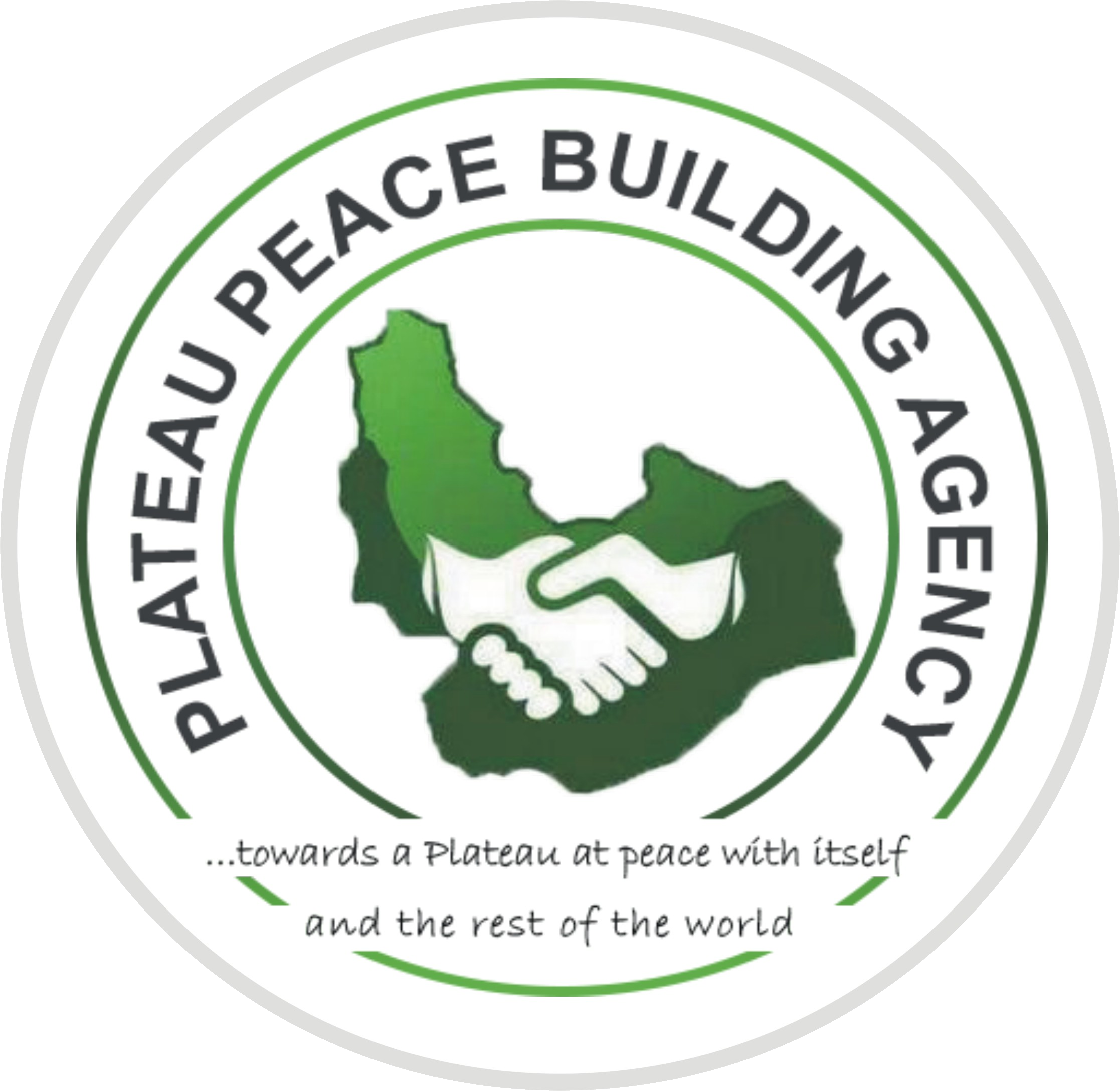The Conflict Research Network (CORN) West Africa has called for the adoption of localized peace-building models to address violence in Nigeria.
The organization submitted a report on policy levers for peace for sub-national and local peace-building mechanisms in Nigeria to the Plateau State Peace Building Agency, yesterday.
This policy brief examines the prevalence of violent conflicts in Nigeria and the emergence of various peace-building actors and institutions at the sub-national level.
The research explores case studies across Nigeria’s six geo-political zones, involving peacebuilders at the state and local government level, as well as communities in Adamawa, Anambra, Bayelsa, Katsina Ogun and Plateau States.
- Maiduguri flood: Victims in dilemma after discharge from camps
- Preparing for dam breaks, flooding: Lessons from Alau Dam
The key findings of the research were yesterday presented to the Plateau Peace Building Agency by
Dr Plangshak Musa Suchi, a Member and Senior Research Fellow of the CORN West Africa, who presented the report, said their findings revealed that peacebuilders in Nigeria face numerous challenges, including lack of resources, political interference, poor coordination, weak state support and limited participation of women and youth.
Dr Suchi who is also the Coordinator of the Criminology and Security Studies Programme, Department of Sociology, Faculty of Social Sciences, University of Jos, said there was a need for state and local governments to establish and strengthen peace-building agencies and adopt localized peace-building models to improve grassroots operations.
The senior research fellow pointed out that given the ongoing violence and armed conflicts that threaten peace in Nigeria, it is crucial to understand how peacebuilders can better work together.
“The four pillars of success for Peace Institutions are legitimacy, resources, neutrality and fairness. To be successful, peacebuilders must have legitimacy among those in conflict. Legitimacy could arise from civil, cultural, or traditional authority.
“Also, it takes resources to build peace, whether financial, human, or social capital. Peacemakers with the required resources are more likely to carry out peacebuilding activities successfully.
“Human resources are also required, and institutions without the skilled staff to fulfil a peacebuilding mandate will not have the desired impact on conflicts and bring peace.
“Institutions and individuals involved in peacebuilding must also be considered neutral. For conflict parties to cooperate and provide opportunities for peacebuilding, they must trust peacebuilders. Where institutions or individuals are partisan, those in conflict are less likely to collaborate or engage in the peace process,” he said.
In her remarks, the Director General of Plateau Peace Building Agency, Julie Sanda, said the research report is timely as it is coming at a season when they are celebrating the International Day of Peace, which is 21st September.
According to her, the research is significant, adding that it is a valid critique that enables them to see not only the successes but also the gaps, which they are already addressing.

 Join Daily Trust WhatsApp Community For Quick Access To News and Happenings Around You.
Join Daily Trust WhatsApp Community For Quick Access To News and Happenings Around You.


